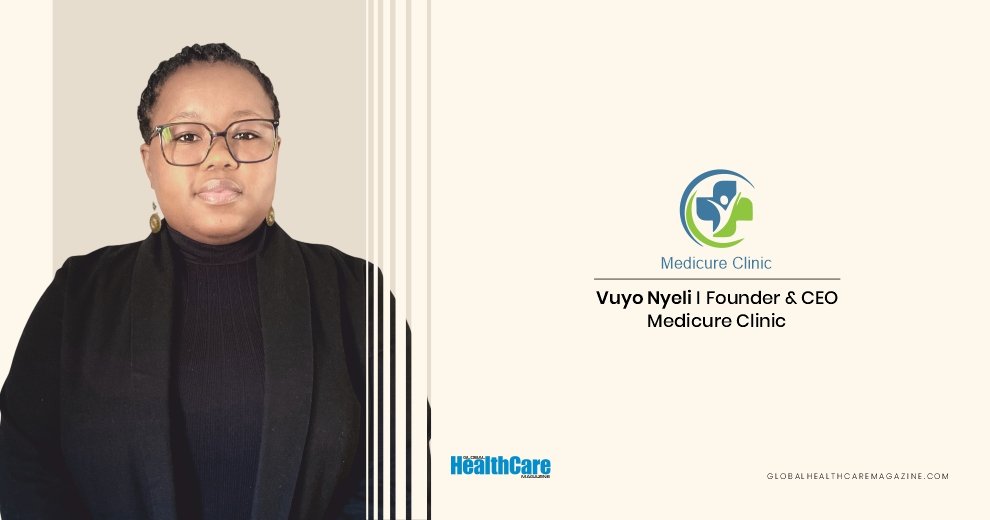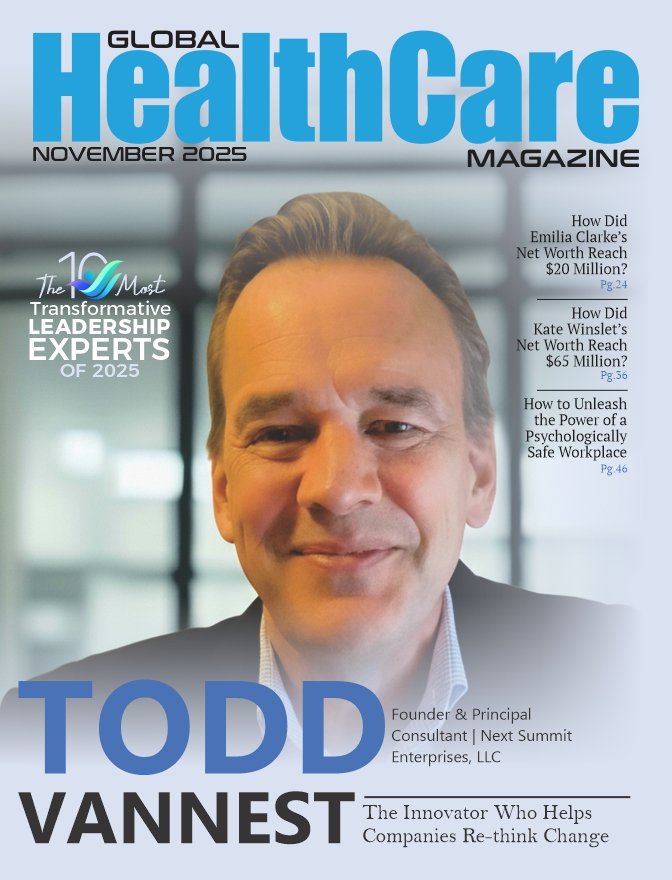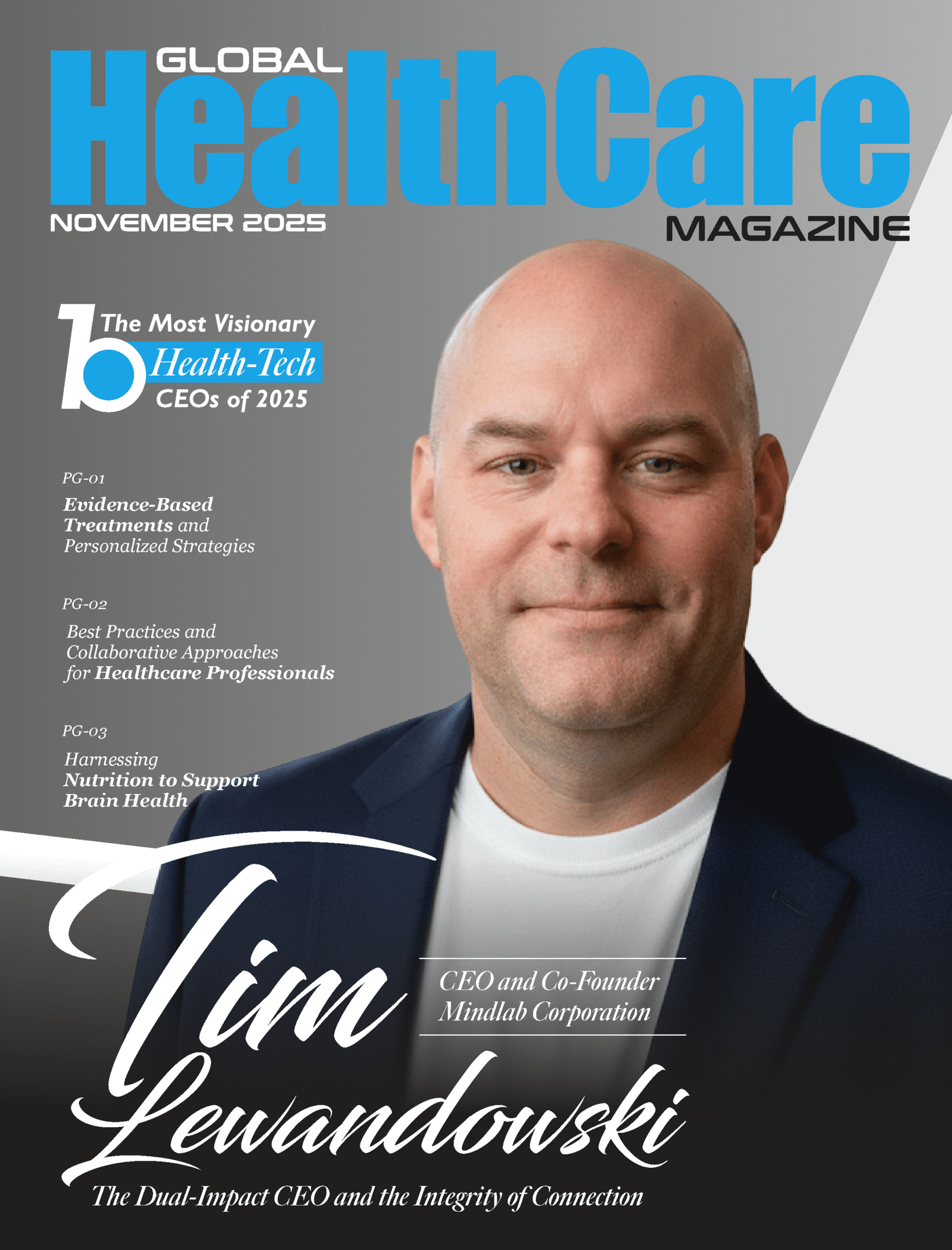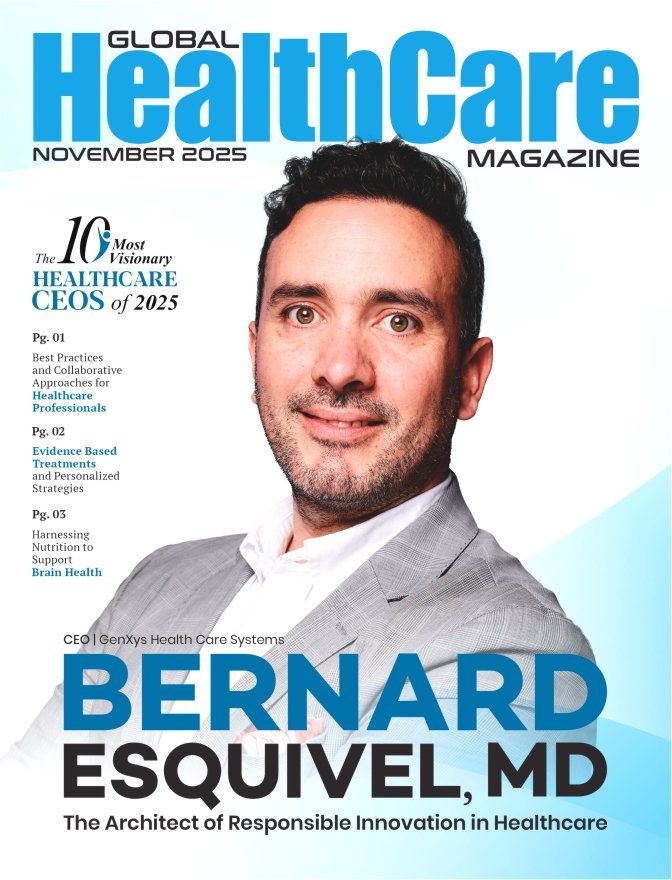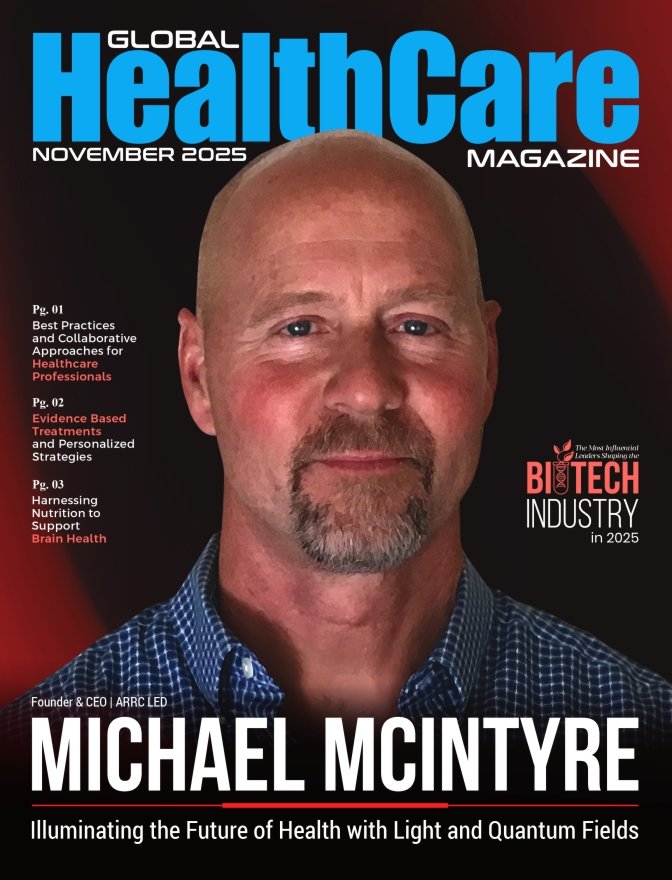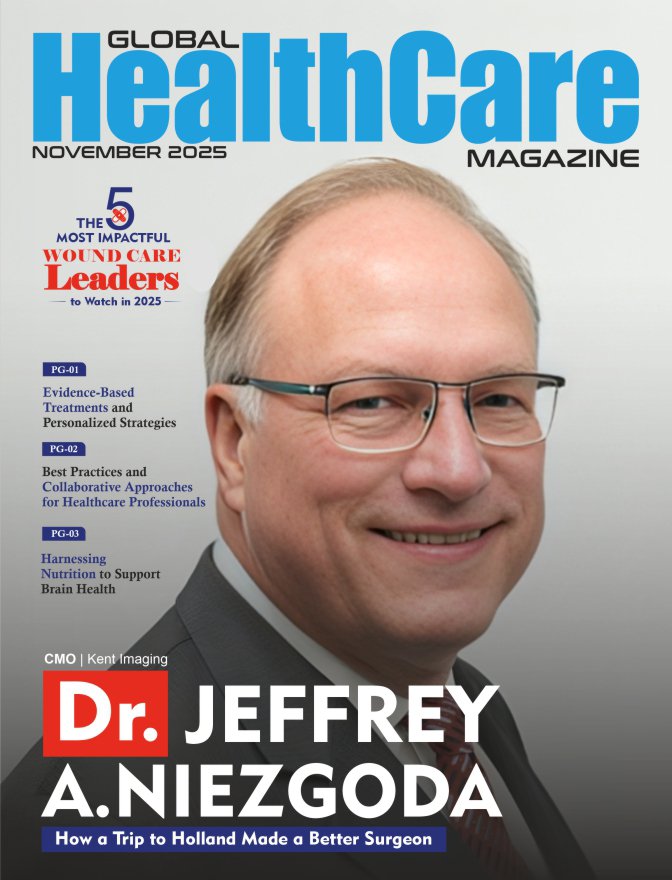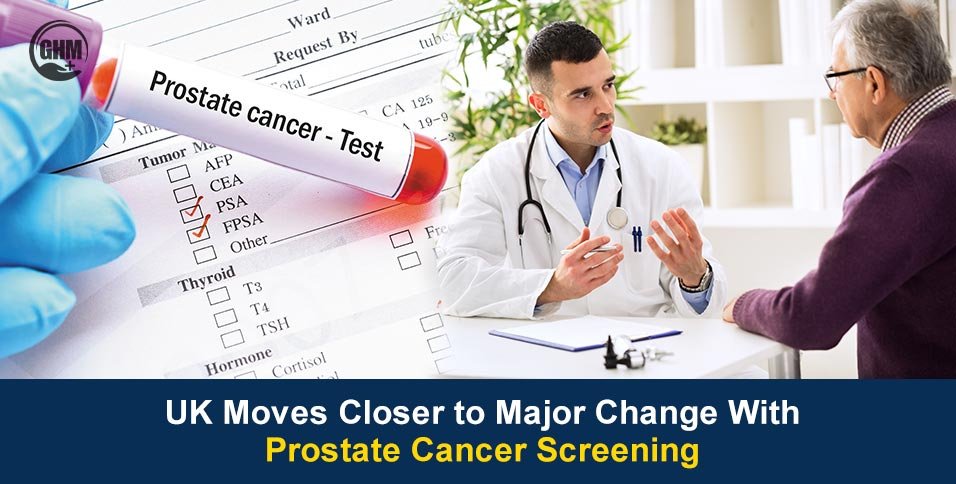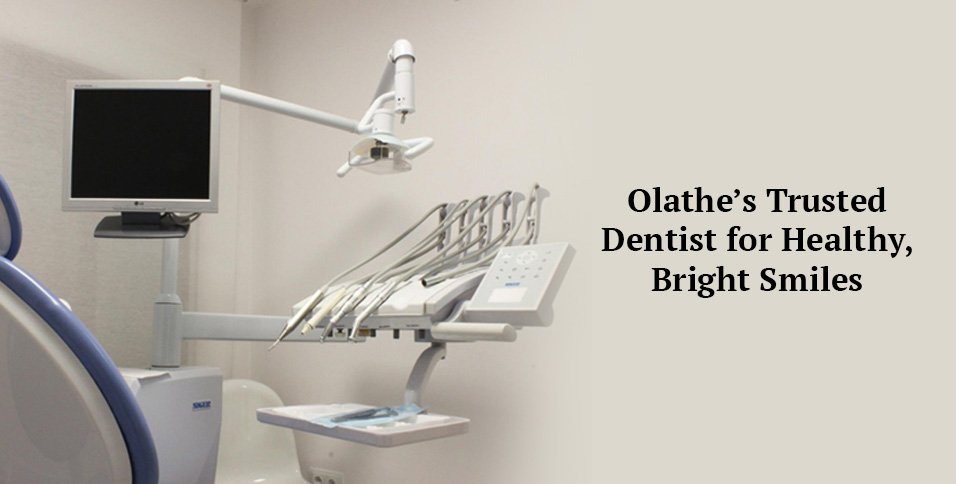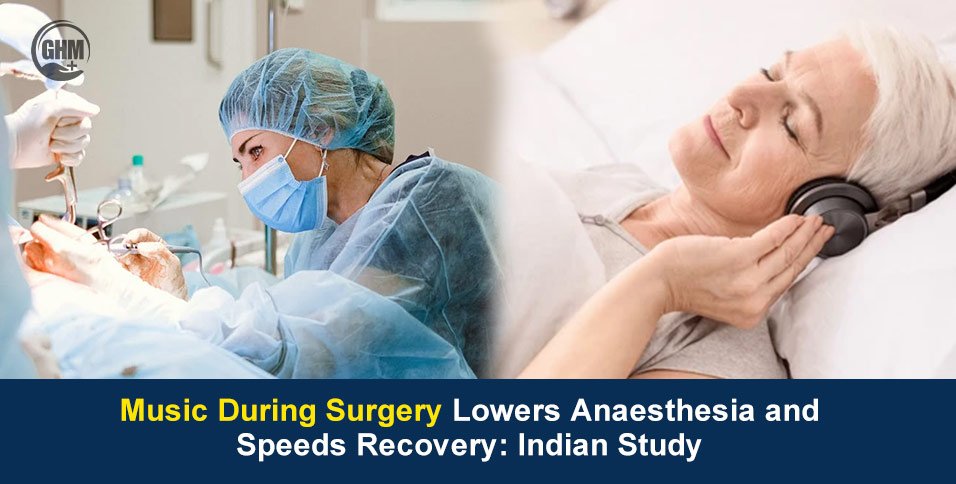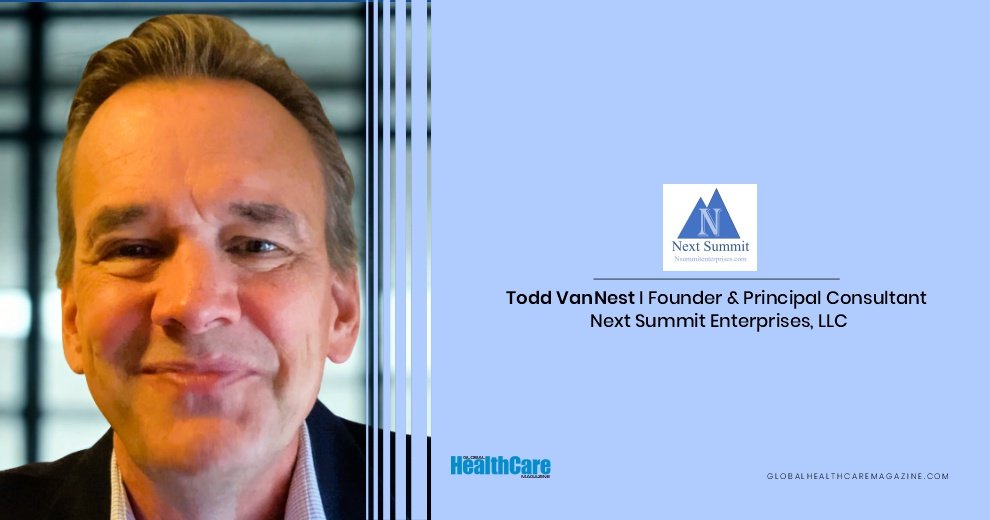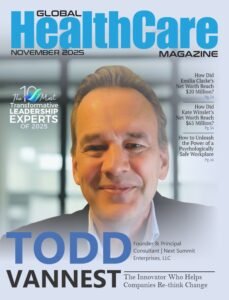In the rolling hills of the Eastern Cape, South Africa, Vuyo Nyeli is waging a quiet revolution against a problem she has known her entire life: the tyranny of distance in healthcare. Her company, Medicure Group, is more than a startup; it is a deeply personal answer to a question that has haunted rural communities for generations—what do you do when the care you need is a long, expensive, and often impossible journey away?
The story of Medicure Clinic, Cala’s first private clinic, doesn’t begin with a business plan or a market analysis. It begins with a memory. It begins with Vuyo Nyeli, as a girl in Cala and Cofimvaba, watching her neighbors and family grapple with a healthcare system defined by profound geographic disparity. She saw families facing the daunting 100-kilometer trek to Queenstown for a medical scan, a journey that could cost R1800—an insurmountable sum for many in a community where 41.3% of the population has no income at all. She saw patients default on life-saving treatments because the local clinic was still a 9.2-kilometer journey away, or because the state’s mobile clinic arrived, if at all, without even a basic blood pressure machine.
These were the lived experiences of Vuyo’s community. This firsthand knowledge became the fuel for a lifelong commitment. Armed with a BCur honours degree in nursing from the University of the Western Cape, Vuyo embarked on a professional journey that took her through the public sector, the private sector, and managed care. Each role was a lesson, each experience a confirmation of the inequities she had witnessed as a child. A passionate mental health advocate and author of the book “Understanding Mental Health,” her perspective was always holistic, always focused on the human being at the center of the system.
In 2024, the years of observation and resolve finally crystallized into action. Vuyo founded Medicure Group (Pty) Ltd. It was a venture born not from opportunity, but from necessity. It was her personal answer to the gaps she could no longer stand to just witness. She was prescribing a cure for her hometown.
The First Private Clinic in Cala
The road to opening a Medicure Clinic was paved with the very resilience it sought to foster in its patients. After legally forming the company in May 2024,Vuyo’s application to the National Empowerment Fund (NEF) was rejected in December of that year for a reason common to many startups: she had no revenue yet. For many, this would have been the end. For Vuyo, it was simply a hurdle. She secured personal funding and pushed forward, launching operations in April 2025.
She chose a location in Mbenge, on Titsa Road, a strategic spot 9.2 kilometers from the Cala CBD with crucial roadside access. This was to be Cala’s first private clinic, a beacon of accessible, affordable care in a region accustomed to doing without. The clinic aimed to address the community’s most pressing unmet needs: the unreliability of public services, the chronic shortages of medication at state facilities, and the crippling travel costs—taxi fares ranging from R80 to R300—that often stood between a person and their health.
A Day at Medicure
A day at the Medicure Clinic begins at 8:00 AM. In a modest but efficient space, a small, dedicated team, including a locum nurse and an administrator, prepares to see patients. Consultations, which are scheduled in 10–15 minute slots, are managed through Medis Connect, a system that handles everything from electronic health records and virtual consultations to medical aid billing. For those without medical aid, a simple speed point machine facilitates card payments.
The core offerings are a direct response to the community’s needs. Consultations are priced affordably, between R280 and R300. Preventative screenings range from R100 to R618, and IV drips are available for R450. The clinic is also an approved Centralized Chronic Medicine Dispensing and Distribution (CCMDD) point, a crucial service that ensures patients with chronic conditions have reliable access to their medication.
However, Vuyo knew that even a local clinic could be out of reach for some. This led to the creation of “Medicure Clinic On Wheels,” a mobile outreach program designed to reduce treatment defaults and bring care directly to surrounding areas. And every week, the clinic hosts “Wellness Wednesdays,” offering free screenings to the community. These initiatives are guided by Vuyo’s core values of equity, compassion, and resilience. “I lead by example, joining outreach efforts to build trust and connect with community leaders,” she says. “These principles keep us focused on sustainable impact.”
The Live Chicken and Other Measures of Success
How do you measure the impact of a clinic like Medicure? You can start with the numbers. In the three months from its launch in April to July 2025, the clinic saw its patient numbers grow by a staggering 744%, from an initial 16 to 135. It generated R48,090 in revenue and achieved an 85% patient satisfaction rate, according to its feedback forms. These are the metrics of a successful business that has clearly identified and is meeting a profound market need.
However, the true measure of Medicure’s impact is perhaps best captured in a different kind of metric. In June 2025, an elderly man visited the clinic. He had lost hope after receiving unsuccessful treatments elsewhere. He made a simple promise to Vuyo: if you can help me, if I heal, I will bring you a live chicken as a gift. On July 3, 2025, the man returned, healed, with the chicken in hand. “That really warmed my heart and reaffirmed our impact,” Vuyo recalls.
This story encapsulates the trust and gratitude the clinic is building. This trust is further fortified by key partnerships with Ampath for reliable lab services, City Medical for supplies, and collaborations with the CALA South African Police Services (SAPS) for community outreach events. The clinic’s growing reputation even led to an invitation for a feature in Global Health Magazine on June 20, 2025.
The Road Ahead
The success of the first few months has only strengthened Vuyo’s resolve. The next step is to re-approach the NEF, this time armed with proof of concept, to seek the R6.73 million in funding needed for expansion. The plan is specific: to build a proper 3×12 meter clinical unit, purchase an ultrasound machine, and expand the staff by 2 to 5 people. The ultrasound machine alone would be a revolutionary addition, saving residents the R1,800 and 100-kilometer trip to Queenstown.
With this investment, Vuyo projects the clinic could serve 150–200 patients per week in 2025, with revenues climbing to between R6.8 and R9.6 million by the third year of operation. The vision extends beyond Cala. She plans to expand regionally, opening new clinics in her other childhood home of Cofimvaba and in nearby Lady Frere, bringing her model of accessible care to even more communities in the Eastern Cape. New service lines in dermatology and pediatrics are also on the horizon.
For Vuyo, balancing the demands of a growing startup with her personal life means setting clear boundaries. Mornings are for patients, but evenings are for family. She recharges by reading empowering books and hiking in the rugged landscape that first inspired her mission. It’s a delicate dance, especially in the first year, but one she manages with the same purpose that drives her business.
Her final message is a powerful distillation of her life’s work. “Health is a right, not a privilege, and everyone deserves access to it,” she declares. Her journey, from a girl in the rural Eastern Cape to a nurse, author, and now a pioneering founder, has taught her that healthcare’s true power lies in its ability to reach the forgotten. It’s a lesson delivered not in a boardroom, but on a dusty road in Mbenge, in the grateful eyes of a community, and in the simple, profound gift of a live chicken.
Quotes

Also Read: Healthcare Pioneers: Top Healthcare Leaders to Watch in 2025

